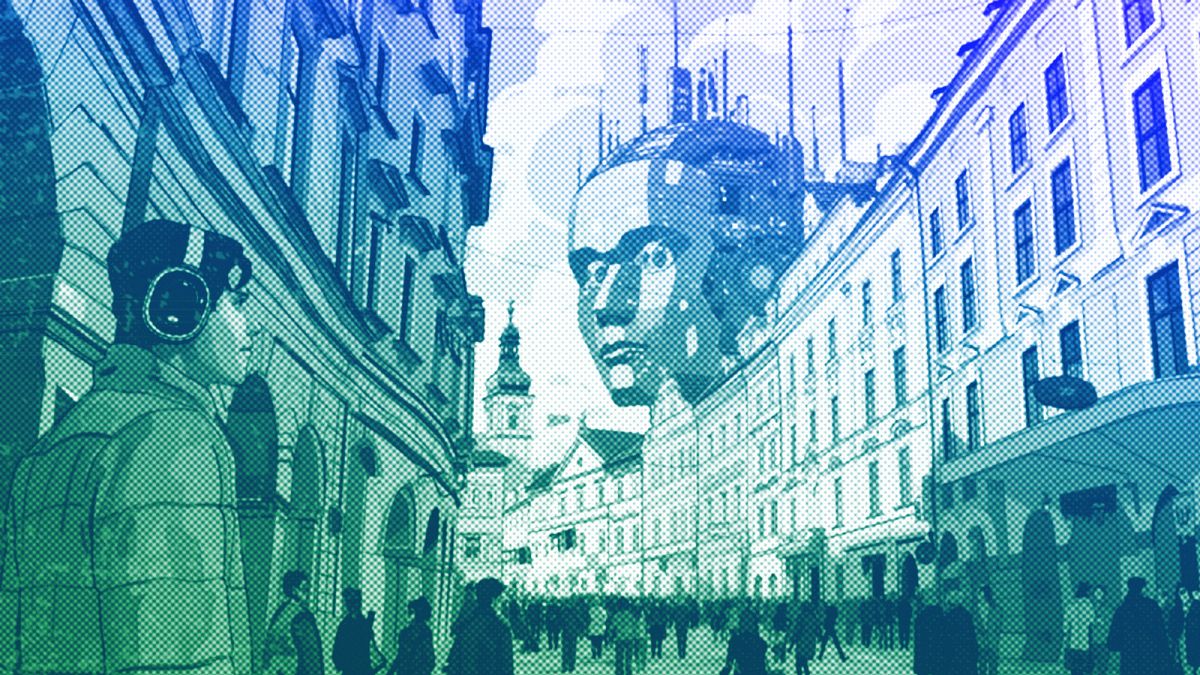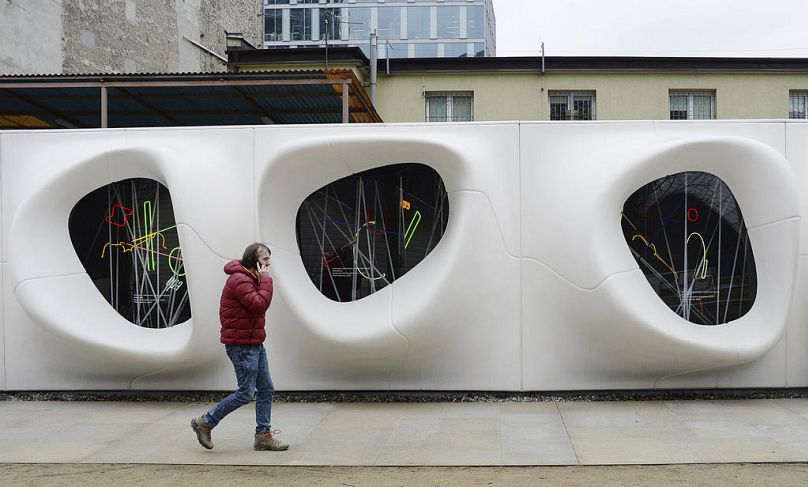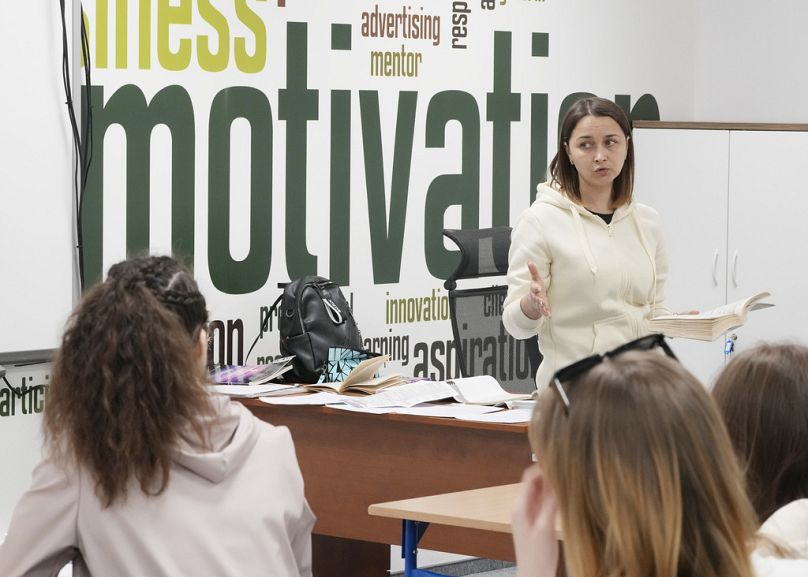Polish entrepreneurs have quietly driven the AI revolution that has swept the world over the past year. Now our goal is to make Poland one of the 10 wealthiest countries in the world by 2050, Miron Mironiuk writes.
The history of industrial revolutions follows a clear narrative, where the countries that are driving innovation and development of new technologies prosper.
During the First Industrial Revolution, the steam engine significantly impacted Great Britain's fortunes. Then, the invention of electricity similarly impacted the United States, overtaking Britain as the richest country in the world.
Today, thanks to an unparalleled engineering base, it is Poland that has the chance to capitalise on the artificial intelligence revolution and become one of the ten richest countries in the world by the middle of this century.
An all-star AI team to lead Poland to a new era
Polish entrepreneurs have quietly driven the AI revolution that has swept the world over the past year.
Take Kamila Staryga, who developed products that connect tech to life sciences for Google X and Flo Health, the world’s most popular period tracker. She has now turned her attention to bringing fertility treatments into the AI age through her company, Rita Health.
Or Marek Cygan, professor at the Institute of Computer Science at the University of Warsaw and a world champion in programming, whose robotics start-up Nomagic is increasing productivity in the retail sector.
Karol Kurach has been developing deep neural networks for over 14 years, as he says, "already before it was fashionable". His work as co-founder of the prestigious Google Brain research department in Zurich laid the foundations for the rapid impact of AI that the wider world got to witness last year.
These are just some of the examples that paint a clear picture: Polish engineers have been working behind the scenes, and now it is time to step into the spotlight.
Last year, a crucial national election led Poland to find itself at a crossroads. As with every new beginning, the time is right to explore new approaches and inject the expertise that Polish engineers have gathered around the world into a national plan for economic development.
This is why we are launching PL/AI, a special council advising the Polish Ministry of Digitalisation, bringing together the expertise of Kamila, Karol, Marek and other world-leading entrepreneurs and world champions in programming and researchers to bring forward-thinking and innovative problem-solving skills to the heart of Polish life.
What can we do for our country?
Poland is in a unique position, and as we find ourselves amid the fourth industrial revolution, not capitalising on the expertise of the driving forces behind this AI revolution would be a missed opportunity.
Our practical expertise can help solve some of the country's most pressing issues. However, while AI is a tool that bears unimaginable possibilities and opportunities for growth, it must be used with the right guardrails in place to be kept under control.
The approach of the committee will be to acknowledge the risks of AI, embrace its possibilities and then actualise them through practical solutions that prepare Poland for this next industrial revolution.
Education is such a pressing issue, that illustrates both the risks and opportunities inherent to the technology.
Many people are still trying to tip-toe around the fact that AI will eliminate a lot of jobs. From data analysts to insurance clerks, all will be heavily impacted by this new technology.
We must make sure that the next generation is prepared for this changing job market.
Possibilities are endless
On the one hand, artificial intelligence tools can help level the playing field by identifying the best programs and teaching methods and speeding up their rollout to municipalities with lower exam scores.
On the other, we must ensure that the students of today understand the fundamentals of the technology that will surround them at every stage of their lives.
This is why, as one of the first practical solutions, we are working to bring high-quality programming education to every student in Poland.
The possibilities are endless, and I cannot wait to get started and use the power of AI to ring in the next chapter in Polish history.
Our goal? Become one of the 10 wealthiest countries in the world by 2050.
Miron Mironiuk is Founder and CEO of Cosmose AI and Code with Pope.
At Euronews, we believe all views matter. Contact us at view@euronews.com to send pitches or submissions and be part of the conversation.


